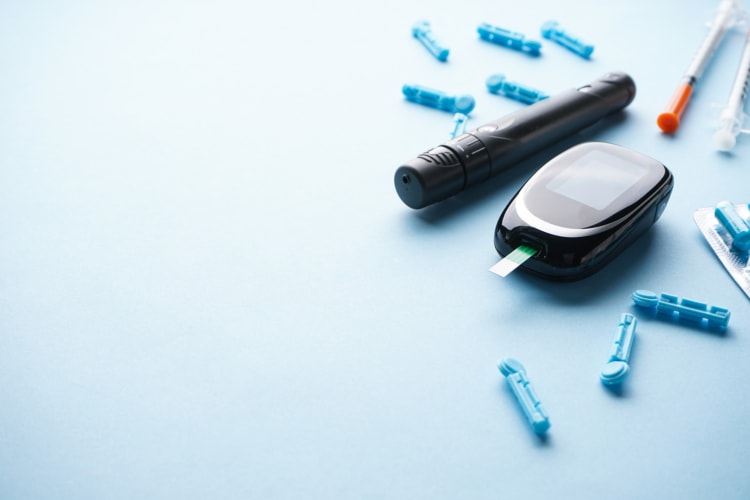
Quality assurance in medical device injection molding is shifting from statistical sampling to process-integrated, automated 100% inspection. The new approach uses AI models to derive part-specific quality characteristics from in-mold sensor signals, enabling complete traceability and a higher level of risk management during rapid production ramp-ups for applications such as auto-injectors. Against the backdrop of growing demand for treatments for diseases including diabetes and Parkinson's, the medical device industry needs to scale capacity without compromising safety, and to demonstrate that all technical options to prevent production errors have been exhausted.
In this data-driven setup, parameters such as cavity pressure and contact temperature, captured for every cycle directly in the mold, form the basis for calculating critical attributes like dimensions and weight of each individual part. For many manufacturers, transitioning to this method is primarily a matter of software and a redefined interaction between production and quality assurance, rather than a comprehensive equipment overhaul.
"We at Kistler are seeing more and more manufacturers from the medical industry turning to state-of-the-art production processes with automated quality control to ensure maximum safety during rapid ramp-ups. Our experts provide support in implementing this new form of quality assurance as quickly and efficiently as possible," explains Dr. Oliver Schnerr, Head of the Business Unit Plastics at Kistler.
Kistler will present its process-integrated approach at K 2025 in Düsseldorf, October 8–15, hall 10, booth F51. The company plans to showcase the complete measurement chain needed for automated quality control, from in-mold sensors through process monitoring and control to data documentation.
Automated 100% inspection with AI
The measurement chain begins with sensors in the tool, including the smallest combined cavity pressure and temperature sensor, model 6188. The signals collected throughout the entire injection molding cycle are processed by the ComoNeo process monitoring system, which acquires pressure and temperature data in real time. By comparing live curves with reference curves, ComoNeo reliably detects deviations from the validated process window.
For automated quality evaluation, the ComoNeoPredict software feature, in combination with the Stasa QC software, supports model analyses for process validation. Based on these analyses, ComoNeoPredict applies artificial intelligence to calculate the quality of each individual part on the basis of in-mold signals. This enables manufacturers to move from sampling to continuous, part-by-part verification without interrupting production.
From sensor signals to documented compliance
The AkvisIO process data management platform documents quality results and consolidates them with data from other sources. Beyond documentation, AkvisIO enables process data to be analyzed over extended production runs and time periods. This helps medical technology manufacturers refine processes while supporting compliance with stringent FDA and MDR requirements and delivering safe products to customers.

Automated quality control of all parts during the production process ensures complete traceability in medical technology.



